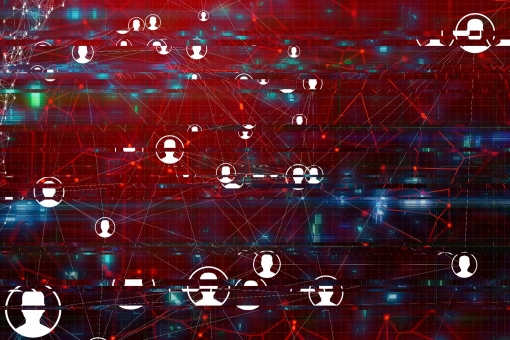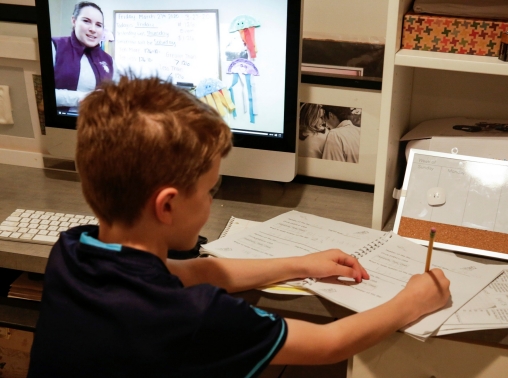|
|
RAND research and commentary on the issues that matter most
|
June 25, 2020
|
|
|
|
|
Photo by Mike Segar/Reuters
|
|
|
|
Businesses have cut back on advertisements and bulk mail during the pandemic, dramatically reducing the U.S. Postal Service's primary source of revenue. The situation is dire: The agency has said it will exhaust its cash on hand by the end of September. There has been some debate about whether the USPS is necessary at all. What does the American public think?
According to a new RAND survey, Americans place a very high level of trust in the USPS. It ranks just below the CDC but significantly above FEMA, the CIA, and Congress. Notably, public trust is especially high in rural communities, where private couriers may not deliver at all if not for contracts with the USPS, and where post offices often double as information hubs. Read more »
|

|
|
Voters prepare to cast their ballots in the Democratic primary in Philadelphia, Pennsylvania, June 2, 2020. Photo by Rachel Wisniewski/Reuters
|
|
With the presidential election roughly four months away, officials are scrambling to keep voters safe during a potential second wave of COVID-19. But there's another risk: how to keep the election itself secure from cyber threats. According to RAND experts, cyber risks to voting systems haven't diminished, despite recent security investments. In fact, risks may be greater as U.S. adversaries try to take advantage of the fact that America will also be grappling with pandemic-related logistical challenges. Fortunately, there are ways that states can mitigate these risks and maintain the integrity of elections.
Read more »
|
|

|
|
Photo by Samuel Ochai/DG ECHO
|
|
RAND researchers recently evaluated a program that provided payment to pregnant women in Nigeria for using prenatal, delivery, and postnatal health services. This resulted in greater use of such care, which translated to a large reduction in child deaths. Scaling up this program across the country could reduce stillbirths by 85,000 per year. And because Nigeria has one of the world's highest stillbirth rates, this would reduce the global number of stillbirths by three percent.
Read more »
|
|

|
|
Image by dem10/Getty Images
|
|
People are increasingly turning to social media as a primary source of news. At the same time, both humans and bots are distorting the information shared over social media to erode trust in democracy and incite extremism. A new RAND report outlines one method for detecting and countering such malign activities. The authors harvested tweets from 1.9 million accounts and used machine learning to differentiate between authentic political supporters and Russian trolls engaged in online debates.
Read more »
|
|

|
|
A student watches his teacher's lesson on a computer at home, Seattle, Washington, March 27, 2020. Photo by Jason Redmond/Reuters
|
|
Schools across the country have had to make massive changes in response to COVID-19. Insights from a new RAND survey reveal more about the experiences of educators and students as school buildings shuttered this spring. For instance, although educators shifted quickly to provide distance learning, most said they couldn't cover the full curriculum. They also reported large disparities in students' access to supports for learning. These disparities predate the pandemic, but the crisis will likely exacerbate them.
Read more »
|
|

|
|
Photo by AntonioGuillem/Getty Images
|
|
The internet and social media have given rise to new types of harassment, abuse, and other actions that compromise victims' privacy and safety. These criminal behaviors include cyberstalking, doxing, and nonconsensual pornography. To learn more about how to combat the problem, RAND convened a panel of experts. The panel noted a lack of awareness about the prevalence, costs, and harms of online abuse. What's more, criminal justice practitioners often lack the investigative and legal tools to address these cases effectively.
Read more »
|
|
|
You already get the latest insights from RAND in your inbox. Why not your earbuds?
Policy Currents is available as a weekly podcast. Five minutes, every Friday.
Subscribe now »
|
|
|
|
|